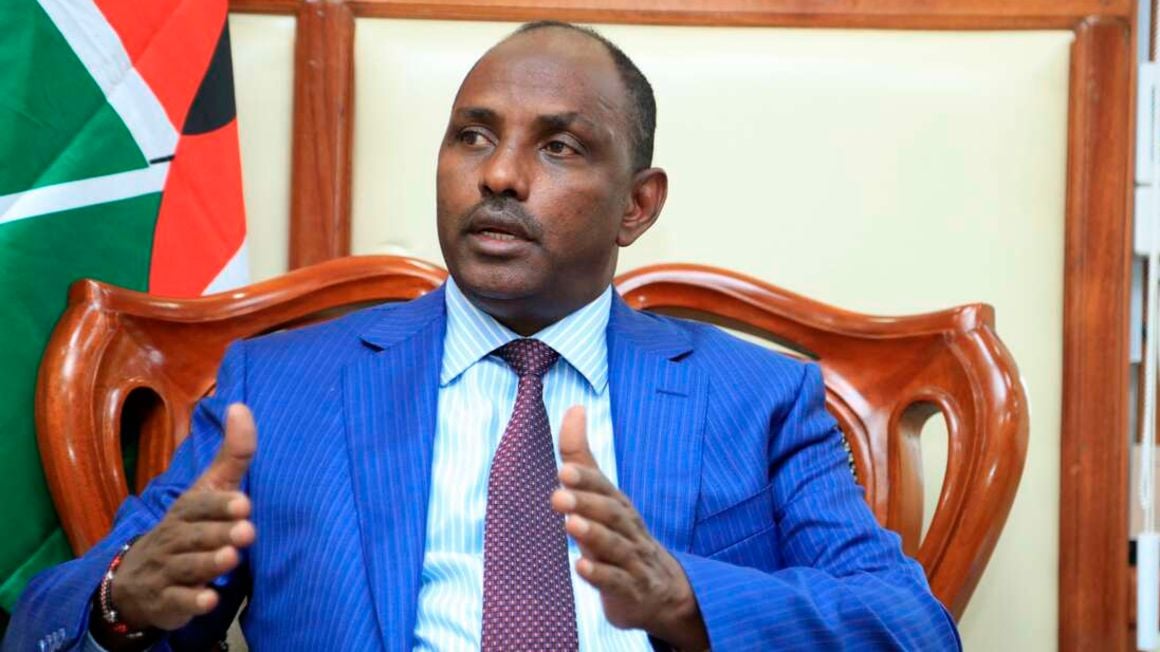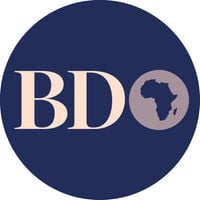
Treasury Cabinet Secretary Ukur Yatani. FILE PHOTO | NMG
Summary
- Kenya has pledged to lay bare how funds mobilised to fight the first wave of Covid-19 were spent by end of next month in a disclosure to the International Monetray Fund (IMF) amid the push for accountability and transparency from the multilateral lender.
- Auditor-General Nancy Gathungu will publish an audit report on expenditure of Covid-related cash, including the $739 million (Sh79.8 billion) first International Monetary Fund (IMF) credit, Treasury secretary Ukur Yatani has said.
Kenya has pledged to lay bare how funds mobilised to fight the first wave of Covid-19 were spent by end of next month in a disclosure to the International Monetray Fund (IMF) amid the push for accountability and transparency from the multilateral lender.
Auditor-General Nancy Gathungu will publish an audit report on expenditure of Covid-related cash, including the $739 million (Sh79.8 billion) first International Monetary Fund (IMF) credit, Treasury secretary Ukur Yatani has said.
“A comprehensive audit by the Auditor-General of all Covid -related spending in FY2019/20 is underway and the results will be published by end-May 2021 (structural benchmark),” Mr Yatani wrote in joint disclosures with Central Bank of Kenya governor Patrick Njoroge to the IMF.
The Treasury last year turned to the World Bank and the IMF for quick-disbursing credit facilities towards direct budgetary support for the first time in more than a decade as the country battled persistent shortfalls in tax receipts and unrelenting expenditure pressures. This was amid coronavirus-induced contraction in economic activities.
Some of the major concessional loans that the Treasury secured to support the fight against the Covid-induced economic shocks included $1 billion (Sh108 billion), $739 million (Sh79.8 billion) and €188 million (Sh24.06 billion) from African Development Bank.
The Treasury has disclosed that 27 per cent, or $199.53 million (Sh21.55 billion), of the IMF funds were chanelled towards Covid-19 interventions by the Health ministry, while Department for Social Protection got $162.58 million (Sh17.56 billion), or 22 per cent, into cash transfer kitty for the vulnerable groups such as the elderly.
The youth employment or Kazi Mtaani programme — launched in April 2020 to employ youth in cleaning drainage lines, garbage collection, cleaning streets, growing trees and rehabilitation of public facilities — received 13 per cent, or $96 million (Sh10.38 billion),
Businesses got nearly a third of the IMF funds to boost liquidity through payment of pending bills which took up 15 per cent or $110.85 million (Sh11.97 billion)
while VAT refunds cost $96 million (Sh10.38 billion).
The remainder 10 percent, or $73.9 million (Sh7.98 billion), went into other Covid-19 interventions, according to the Treasury.
In broad breakdown of the how the IMF facility, approved on April 30 last year, Mr Yatani says the cash helped “see us through the initial phase” of the global coronavirus pandemic shock on economic activity.
Kenya initially imposed a countrywide night-time curfew between 7pm and 5am, shut down schools, bars and restaurants, banned social gatherings such as weddings and in-person church services, among other measures, to stem spread of Covid-19.
This resulted in a 5.5 percent contraction in economic output in the second quarter of 2020.
“The use of RCF (Rapid Credit Facility) resources and other Covid-related spending has been carefully and transparently accounted for. As at end-June 2020, 72 percent of the funds had been utilized, and the remainder was used in the second half of 2020,” Mr Yatani wrote to the IMF.





No comments :
Post a Comment